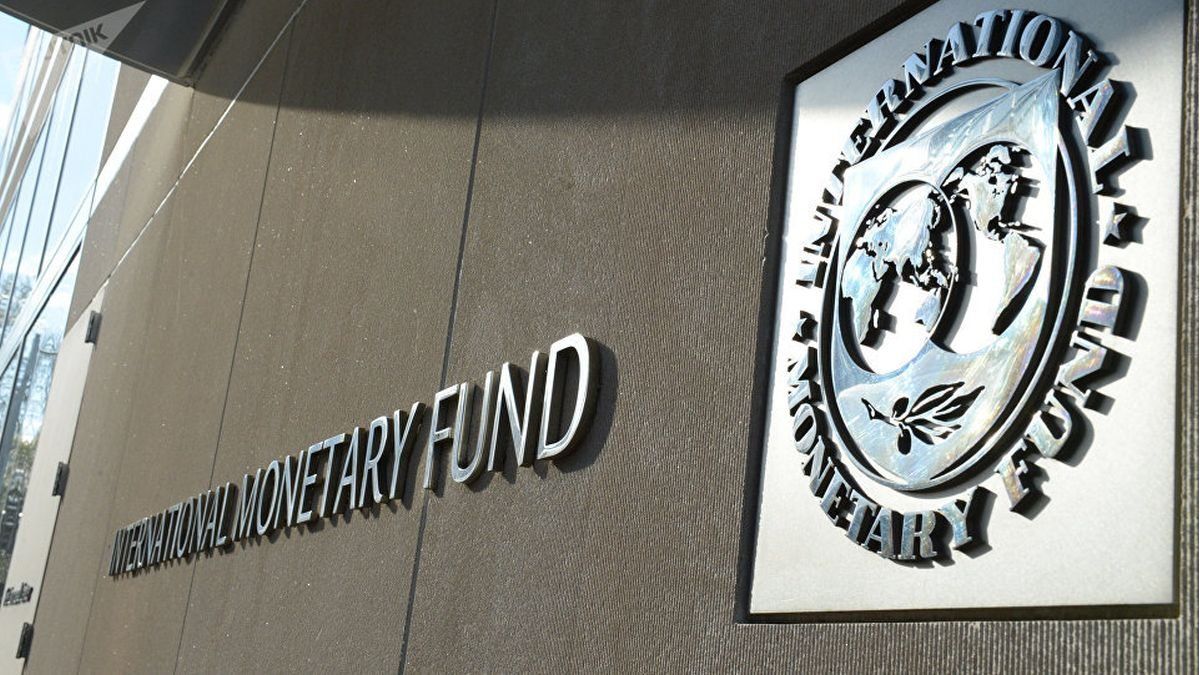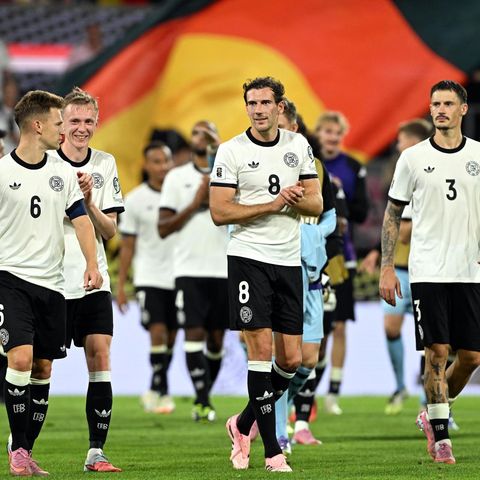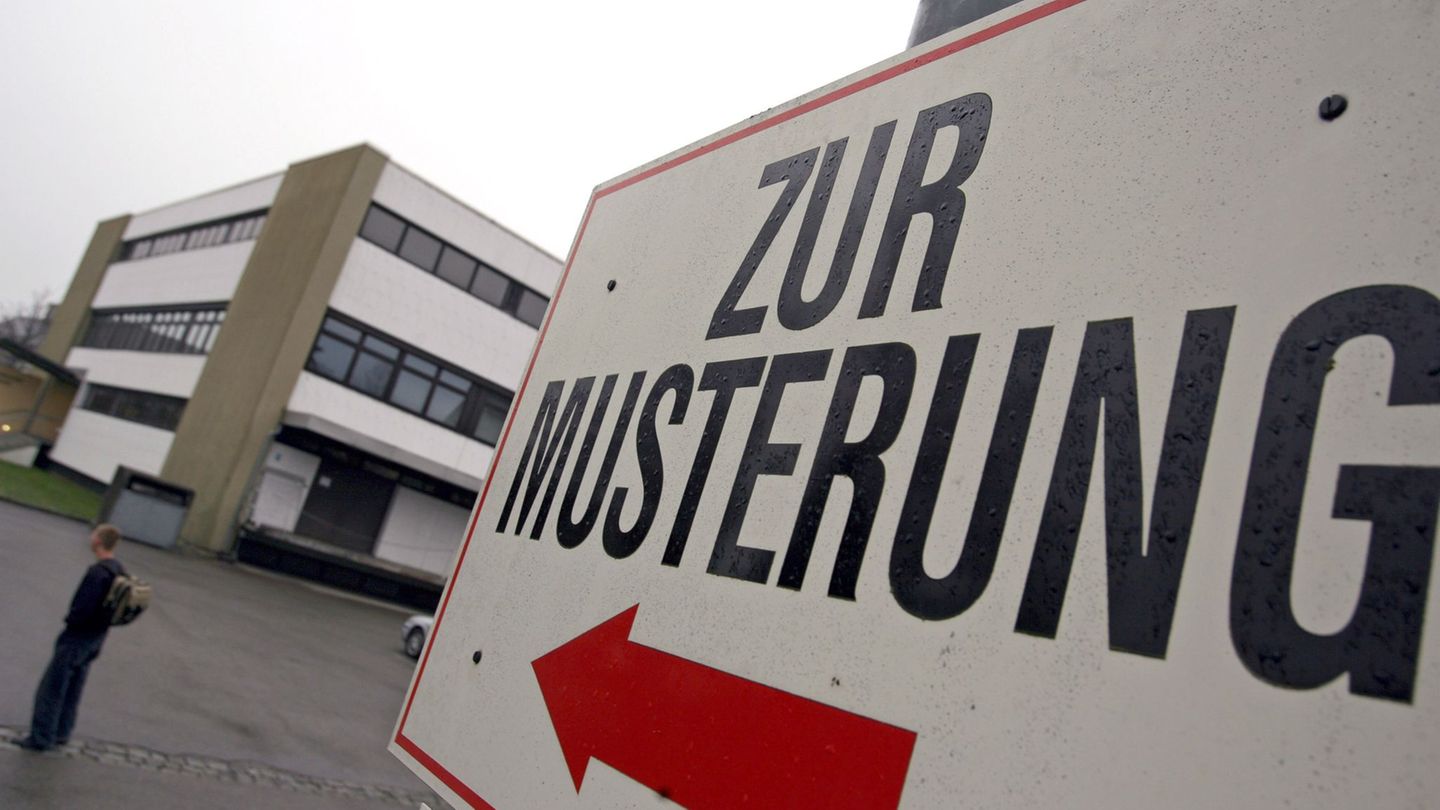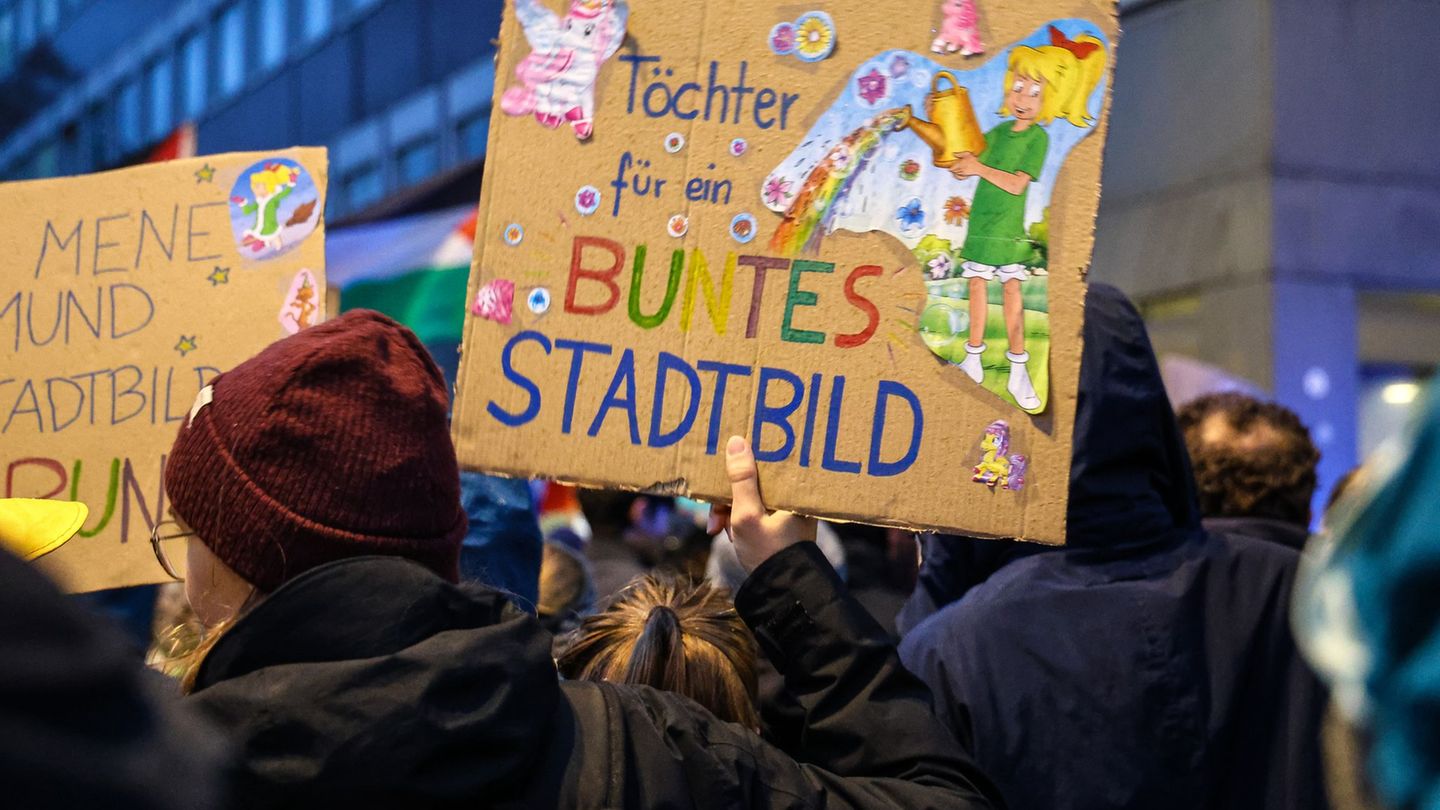“The Argentine government is increasingly desperate and tries to avoid a currency crisis by resorting to to China and the IMF, This opens up a dilemma for the Washington-based lender about how to help its biggest debtor,” they said.
“Inflation in the South American country is projected to hit 145% this year, a recession looms, and the central bank’s net foreign exchange reserves are negligible. The peso has fallen almost 40% against the dollar on the black market this year.they pointed out.
From London, the authors of the article indicated that “the Peronist government strives to avoid a large devaluation or hyperinflation during the politically turbulent season leading up to October’s presidential and legislative elections. The newspaper , and the Minister of Economy and aspiring presidential candidate, Sergio Massa, has become a central figure.”
sergio massa innovator front congress – 2
Renovating Front
For the FT, Massa announced “aa series of emergency measures to keep the economy afloat”including special exchange rates to encourage soybean exporters to ship their crops and swapping domestic debt for longer maturities.
“Massa will travel to Washington at the end of this month to seek additional funds from the IMF, but his task has been complicated by a severe drought, which has affected agricultural production and agricultural exports”noted the article published this morning.
The trip to China, the lack of dollars and the debt
Sergio Massa’s trip to China earlier this month “culminated in Beijing’s agreement for Argentina to agree to an additional $5 billion from an existing currency exchange (swap) agreement,” the British newspaper continued.
Along those lines he added: “The Minister is also trying to persuade the New Development Bank, the Shanghai-based lender to the Brics nations, to allow Argentina to join”.
From the FT, they detailed the external situation facing Argentina. In this sense, they warned that the country “has been cut off from international markets since its 2020 default” and that it “needs to finance a budget deficit estimated by JPMorgan at 3% of its GDP this year.” “With net international reserves estimated at close to US$1.5 billion, according to Ecolatina, Massa’s hopes of getting dollars rest with the IMF”they indicated.
“Massa’s plan, which consists of doing the impossible to prevent the economic situation from getting out of control before the elections, it’s become really hard to achieve due to the impact of the drought on soybean exports,” said Salvador Vitelli, from the Romano Group business consultancy, in an interview with the Financial Times. “But the macroeconomic instability we are facing is not due to drought, it is a chain of failures and mismanagement,” he added.
Massa Kristalina Georgieva.jpeg
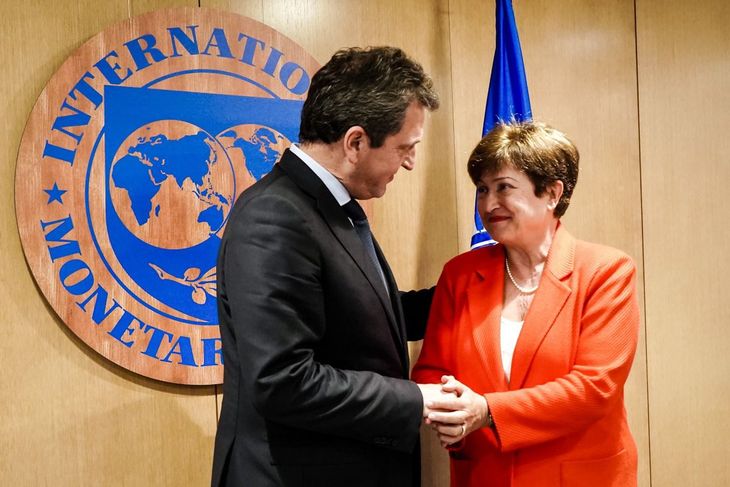
Sturzenegger, Torres and Werner, the opinions collected by the FT
Another of the opinions that the FT collected was that of Federico Sturzenegger, former head of the Central Bank, who assured that medium that the “Massa’s strategy is to borrow more to sustain a very large fiscal deficit that the government has not corrected. It’s not much more complicated than that.”
“Massa’s work also has another purpose: the minister has made no secret of his desire to be the presidential candidate of the Peronist movement, and a decision is imminent,” Stott and Nugent noted in their article. And they added: “The nominations for the national primaries close on June 24 and both President Alberto Fernández as Cristina Fernández de Kirchneryour powerful vice president and former president, They have said they will not run.”.
According to the FT, according to Alejandro Werner, former head of the IMF’s Western Hemisphere department, the organization would disburse even more money than Argentina requested because “the fund does not want to be responsible for Argentina going down the drain”. “Nor does he want Argentina to be in default for a long time. . . therefore, there is a lot of incentive for the fund to conclude the review (which would close in July),” he added.
The IMF said the fund’s staff had committed “very close” with Argentina in the last review of the program. “The focus has been on policies to strengthen the program to safeguard stability, improving reserves and fiscal sustainability, while recognizing the impact of the drought,” the IMF said.
Héctor Torres, a researcher at the Center for International Governance Innovation and former executive director of the IMF, was skeptical: “The Central Bank of Argentina has run out of dollars and the official exchange rate is clearly unsustainable,” he said. “The Fund wants to prevent the country from defaulting. . . but I do not see that the board of directors of the fund allow the use of IMF resources to buy pesos in the exchange market”.
“A source familiar with the IMF talks said there was considerable frustration over Argentina,” the FT reported. And in that sense he added: “There is very little support to continue getting out of trouble. Massa should have made a big adjustment when he took office.”
Sturzenegger said that the fund could lend Argentina enough to meet future repayments to the IMF itself, but not larger sums. “I think that what the Fund will do, instead of disbursing [todo] the remainder of the program funds, it will only be giving money in line with what Argentina has to return to them. . . So I think the fund will defer the package issue [más amplio] of Argentina to talk about it with the next government,” said the former Argentine official.
“The risks are both political and economic. The far-right candidate Javier Milei is gaining ground in the polls and could lead the primary elections in August, which are held simultaneously for all political parties,” they estimated. And they added: “Milei has advocated dollarizing the economy, so a good result for him could further destabilize the situation by raising expectations of a large devaluation.”
“The fund will probably be criticized for doing something horrible on top of a horrible program,” said Werner, who oversaw a previous IMF bailout in 2018. “But at the end of the day they wouldn’t have been reimbursed anyway. Either you lend to Argentina so that it pays or it doesn’t pay. Both parties will stretch out and pretend” he concluded.
Source: Ambito

